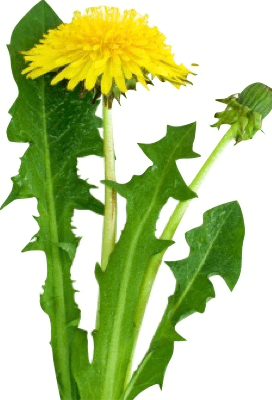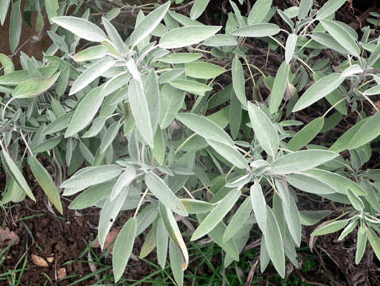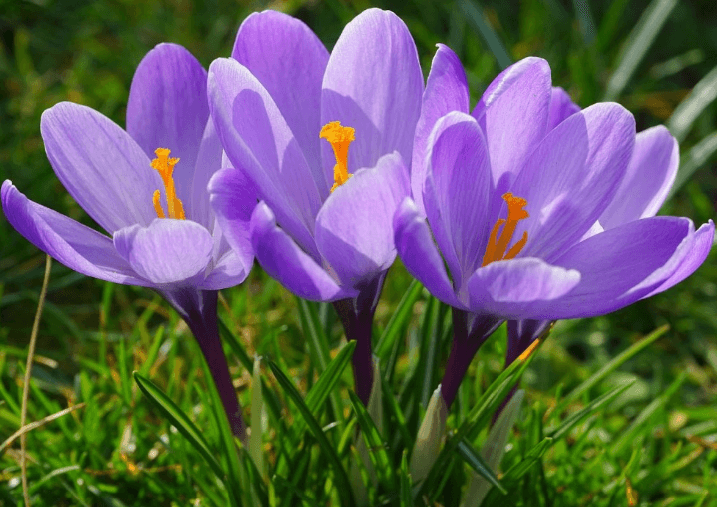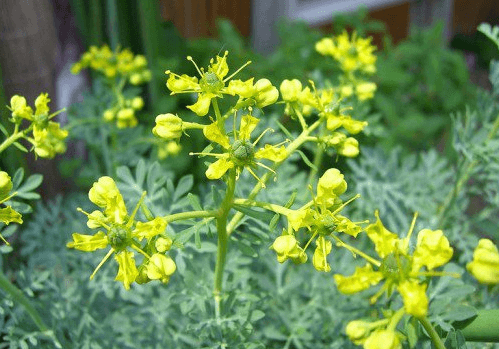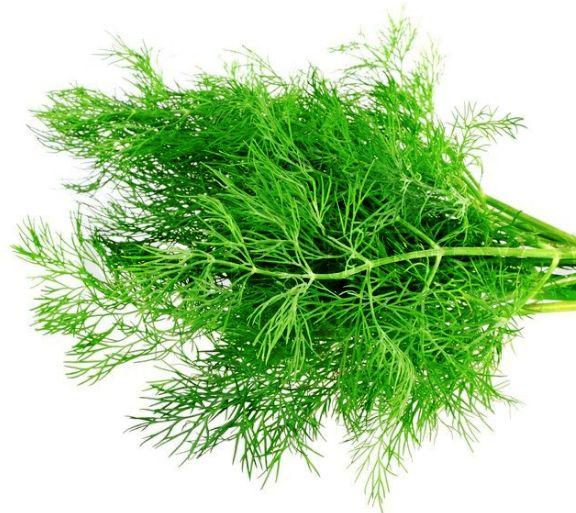Harvesting and drying herbs- Herbal Planting
When drying herbs it is important that the watery element should evaporate, leaving behind the fragrant essential oils which contain many other components as well. The reason that dried herbs have a stronger taste than fresh herbs is because the oils are concentrated in the shrunken, demoisturised leaves. In cooking, If you are using dried herbs instead of fresh herbs, use only half the amount suggested in the recipe.
There are several ways of drying your own herbs. If you are drying them for their aromatic foliage, a general rule is to gather them on a dry day, before noon, when they are at their peak. After that, the sun will have drawn up most of the aromatic essences. Early autumn, just before flowering, is the usual time for harvesting. Oregano is the exception. An Italian friend told us that, in his Sicilian homeland, oregano is harvested and dried when it is in flower. The most intense flavor is in the flower heads, and these are used as well as the leaves for their extreme pungency. (Never hesitate to eat culinary herb flowers, fresh or dried, as well as the leaves: thyme, marjoram and savory are three that come to mind – their flavor is lightly honeyed as well aromatic, and they harmonise perfectly with their foliage.) When harvesting herbs, cut each plant off at ground level, as if they are perennials they will appreciate the pruning.
The simplest way to dry herbs is to bundle them together neatly in bunches, tie with string or raffia, and hang them in an airy, shady, dust- free place until brittle. Then strip off the leaves and put them into clean, airtight containers; do not use plastic, it causes “sweating”. We used to recommend that herbs be washed first, but on reading one knowledgeable writer’s comment that some of the natural essences clinging to the plant would be lost, we no longer advocate this unless of course the herbs have been sprayed with insecticide. There is also a chance of mildew setting in if the foliage is damp.
For really efficient, natural drying, branchlets of herbs can be laid on airy, mesh trays in a warm, dry atmosphere where the air can circulate around them. Spreading the herbs on sheets of clean newspaper and leaving them in a shady area is also an excellent method. If the leaves are the type that retain moisture, to prevent mould or nil dew from forming place them so that they do not have any contact with each other. Never dry foliage in the sun, it will draw out all the flavour, neither should they be dried in a hot over. A warm oven is satisfactory provided the leafy stalks are constantly turned and carefully watched. Drying in a microwave oven can be successful and this method is described below.
If the heads of herbs are to be cried for the seed, as in the Umbelliferae family, which includes fennel and dill, then final sun- drying is excellent.
Wash sprays of fresh herbs. As well as chopped fresh herbs, can be wrapped in foil or plastic film and stored in the refrigerator for a week. They may also be deep- frozen for up to three weeks. To keep them fresh for longer, wash the herbs, chop finely and freeze in ice cube trays with a little water. When needed, defrost the frozen herbs, or drop the ice cubes into the cooking pot where the ice will soon melt. Herb butter is another way to keep your herbs fresh. Most culinary herbs are suitable for herb butters wash each batch and chop finely before incorporating into softened butter, with a few drop of lemon juice added. Spread the herb butter cnto a fairly deep sauce or plate, and refrigerate. When hard cut into circles or cubes, put them into a covered container, or a plastic bag, secure the top and freeze until needed.
Basil is the least satisfactory herb to freeze, it is inclined to discolour and become bitter. As mentioned in Herbs, their Cultivation and Usage (page 99), Mrs. Clare Wilmot’s easy recipe for Pestou , a superb thick basil sauce , is the most delicious way of preserving fresh basil.
Herb vinegars, for use in French dressings, are a pleasant way of capturing summer flavours.

